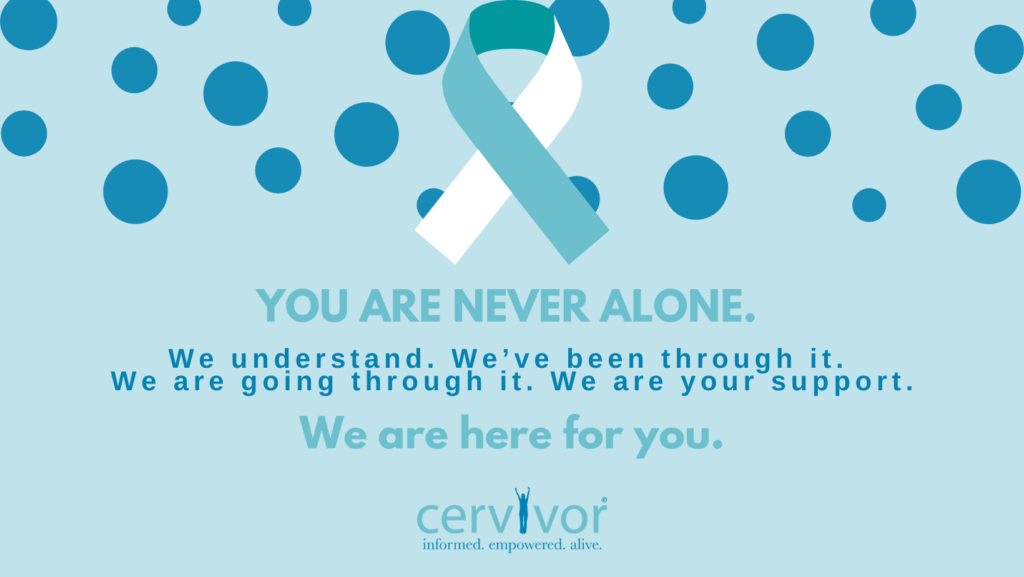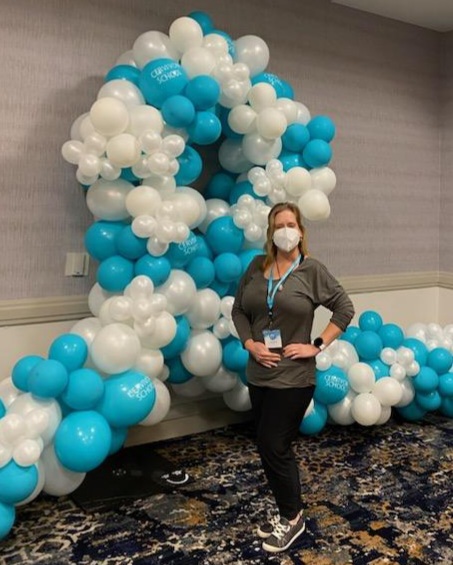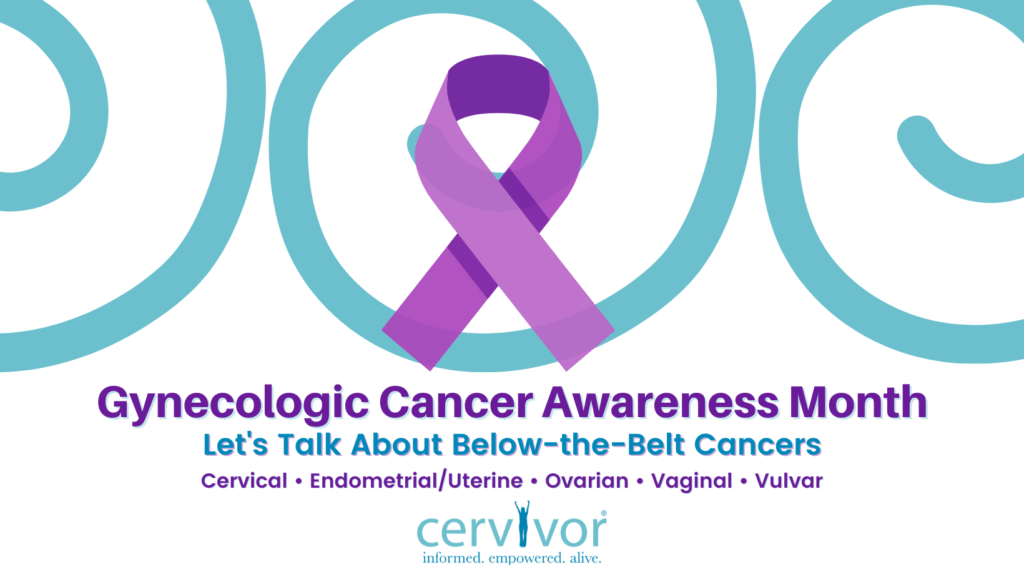Coretta Scott King once said, “The greatness of a community is most accurately measured by the compassionate actions of its members.“ Now, imagine a community built brick-by-brick by the survivors of trauma; a cancer diagnosis.
When we look around, we see many familiar support groups and organizations. Even if we’re not personally affected, we understand that these are tiny communities ready to support individuals with similar afflictions.
Then, there are patients and survivors who are devastated by a cervical cancer diagnosis and, when they emerge from the darkness of life-altering surgeries and brutal treatments, they are hard-pressed to find that beacon that heralds them to the arms of other cervical cancer survivors.

What if there was a community of open arms that also provided you with the voice and the feet with which to make your survivorship count? To make a difference so that others are imbued with knowledge and the inner permission to self-advocate. Fortunately, an organization like that exists in Cervivor!
Although my staged cancer story began five years ago, my attempts to prevent that cancer began 26 years prior when I was treated for high-grade pre-cancerous cells. Unfortunately, at the time, there wasn’t a lot of information out there about cervical cancer, other than this cancer is related to HPV. I was 46 when I found out that something I’d dealt with as a young woman was back to seriously try to end my life.
It wasn’t just about letting people know about their Pap tests anymore, it was also about dispelling the stigma that came along with a below-the-belt cancer. As advanced as our society is, we still, in some ways, carry provincial attitudes and morays regarding the female reproductive system. My goal after coming out of treatment and finding a more distinct voice was to educate not only my local community about cervical cancer, but also to break down barriers. These stigmas can lend a hand in the disproportionate amount of needless suffering due to this cancer.

My advocacy is a calling that I feel obligated to answer. In these last five years, I’ve met with people one-on-one, in groups, and online to facilitate educational forums on HPV, cervical cancer, and preventative testing. I’ve held fundraisers and donated my time to research organizations. I serve as a cancer mentor for the newly diagnosed to help them in their journeys with cancer. These mentees seek guidance from established patients who’ve been through it all. They are matched with mentors who closely align with their needs. During this mentorship, the mentee feels informed, supported, and more at ease with their treatment modality.
Along with mentorship, I also share my story through multiple social media platforms. I have shared my cancer experience with several cancer centers to provide a patient perspective for the oncology professionals and to provide hope for the oncology patients who see my videos and read my story.
As a Cervivor, my active intention is to broaden the reach of my voice by advocating about the HPV vaccine because, ultimately, we could eradicate HPV-related cancers through vaccination. I love that our Cervivor community aligns with my passion to reach as many people as possible. We do so, not only with compassion and kindness, but also by lending strength.
I am but one person and I have a story. Together, we are a village and our stories are powerful.
Lorie Wallace is a five-year cervical cancer survivor and recent Cervivor School graduate. She has dedicated her life to cancer advocacy and support by facilitating community education forums on cervical cancer and HPV awareness. Lorie also serves as a cancer patient mentor for the newly diagnosed and for caregivers of cancer patients. She is a fur mom and a wife, who enjoys painting, music, and is a lifetime student of history.
